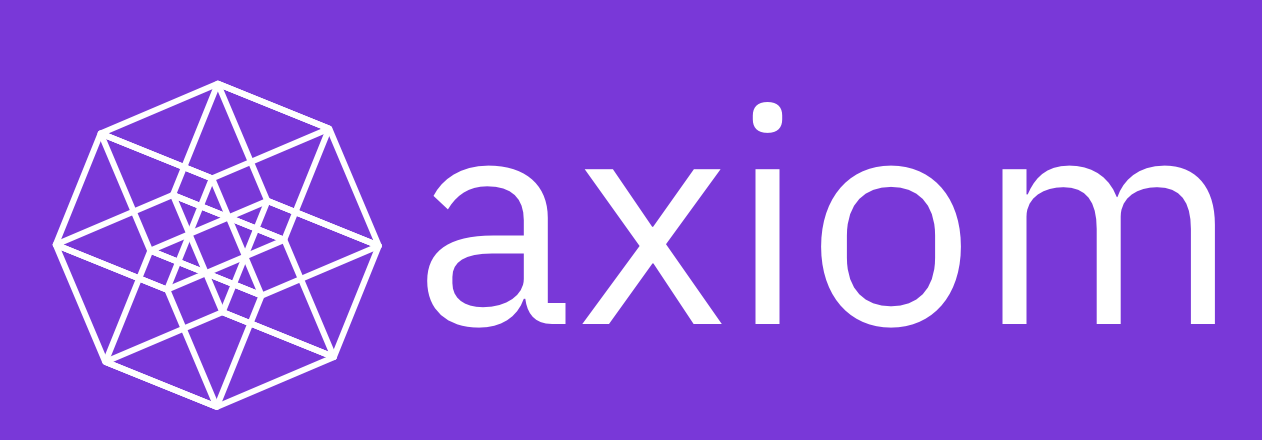I've always wondered why it was so difficult to become a teacher. Do you really need a school for teachers, where teachers teach students to teach? Are the licensing requirements to teach students, really that useful? Is there that much value to restricting the supply of teachers through regulation and compulsory education. And above all, isn't teaching something that is inherently human?
Let's first take a long hard look at how teachers learn to teach. An aspiring teacher has a set of hurdles to overcome before they can even teach professionally. The biggest, is a teacher training program, in Singapore this is primarily done through the BABSc diploma.
The Bachelor of Arts (Education) and Bachelor of Science (Education), also known as BABSc (Ed), is a 4-year sponsored undergraduate programme. It equips you with an academic degree in arts or science-based subjects, with a teaching qualification to teach in primary or secondary schools.
If they don't pursue this diploma, they can also do a
Since the industrial revolution, many public services have been institutionalised and organised into structures - of which the biggest two are healthcare and education. Healthcare gave rise to public hospital and health insurance while education gave rise to primary, secondary and tertiary schools.
The industrial revolution brought along with it, a toolkit on how to approach system design, which revolved around standardisation and efficiency. With a heavy focus on measurements and indexes, industrialists imagined a world where everything could be quantified. Undoubtedly, this has led to the many problems one can observe with the education system today.
A focus on metric based thinking, brings the culture of test-taking to school. When these professional test-takers enter the workforce, it creates a vicious cycle of industry leaders who can't look past KPIs and quantitative evaluations. This then leads to even more metric based study and evaluation.
In a schooled world, the road to happine
Think back to when you were just growing up. When you were 4, enjoying the little things you did. Maybe you loved to draw on paper, maybe you were more of a musical person or maybe you loved to dance- but it doesn't matter what you did. You were just having fun.
You probably also asked a million questions. Why does the sea look blue? Why does the person on the TV talk funny? Why does the train make more noise when it goes into the tunnel? As kids, we were full of curiosity, wonderment, maybe even blind to the realities of the world.
It really starts with the formal education system, where we switch from asking questions, to being asked questions. "I don't know why" goes from a statement of curiosity to one of incompetence.
You need to learn because your worth in society is decided by how much of the test you get right.
This decouples the act of learning something new, from the reward which is extrinsic, through grades, compliments from teachers or comparison with peers. By now, long gone
